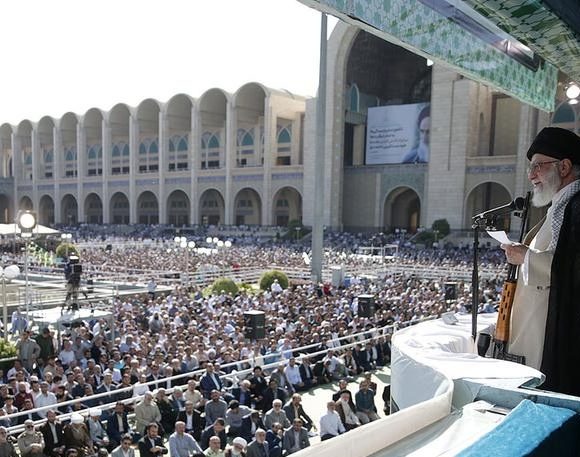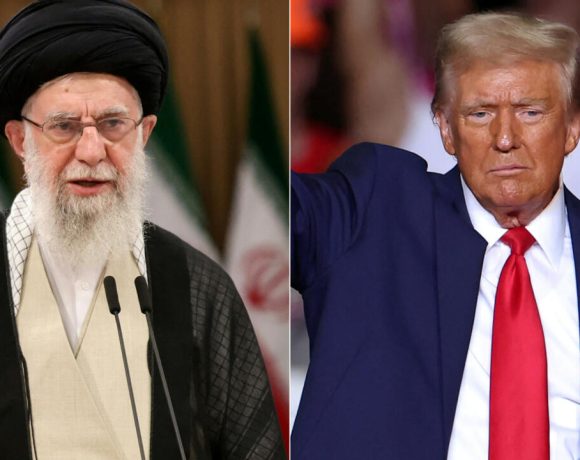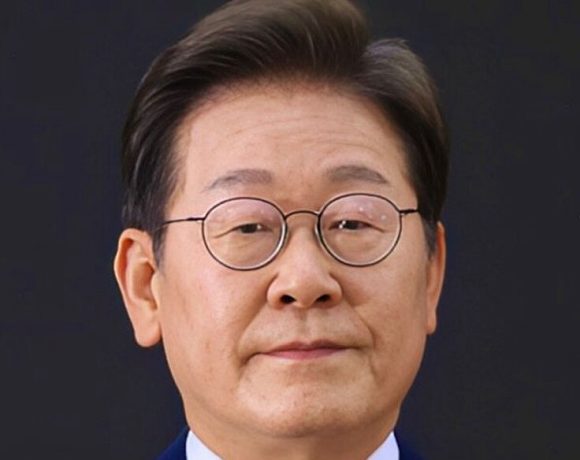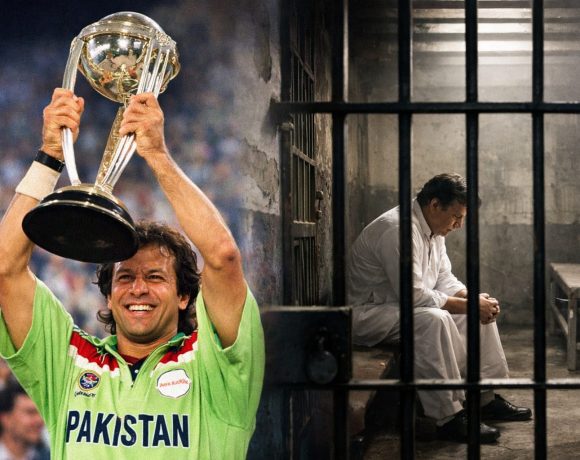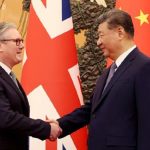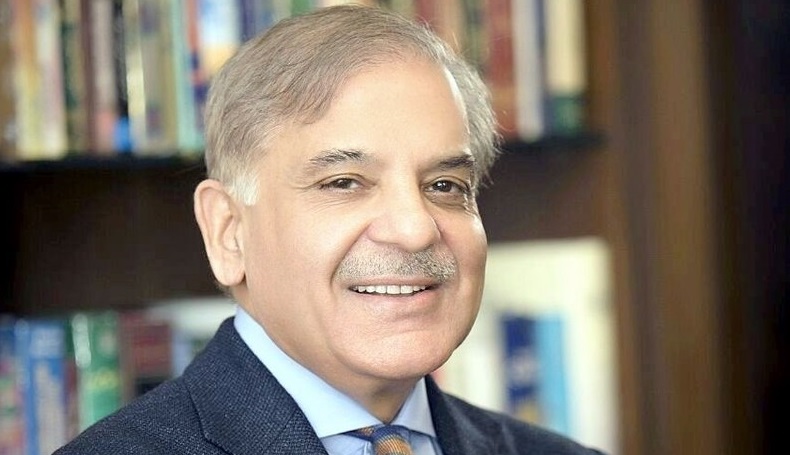
Shehbaz Sharif Offers Peace Talks, India Insists on Terror, PoK
Pakistan’s Prime Minister Shehbaz Sharif has renewed his call for peace talks with India during his recent diplomatic visit to Tehran. Speaking from the Iranian capital, Sharif proposed a comprehensive dialogue encompassing all contentious issues, including Kashmir, terrorism, water sharing, and trade. However, India has made it clear that any discussion will be limited strictly to the issues of terrorism and Pakistan-occupied Kashmir (PoK).
Shehbaz Sharif Proposes Broad-Based Talks
Addressing reporters during his Iran visit, Shehbaz Sharif stated, “We want to resolve all disputes, including the Kashmir issue and the water issue, through negotiations and are also ready to talk to our neighbour on trade and counter-terrorism.” This proposal comes in the wake of a delicate ceasefire between India and Pakistan, reached after the deadly Pahalgam terror attack and India’s firm military response.
Sharif’s pitch marks Islamabad’s latest attempt to revive diplomatic engagement with New Delhi, positioning peace and economic cooperation as shared interests amid growing regional instability.
India Reiterates Terrorism and PoK as Sole Agenda
India, however, has firmly rejected the idea of a broad dialogue. Reaffirming its long-standing position, the Indian government has insisted that any talks with Pakistan must be confined to terrorism and the return of Pakistan-occupied Kashmir.
Prime Minister Narendra Modi has consistently maintained that “Terror and talks cannot go together. Blood and water cannot flow together,” referencing both terrorist infiltration and Pakistan’s continued use of Indus water resources. This hardline stance reflects New Delhi’s view that diplomatic engagement is untenable while cross-border terrorism persists.
Iran Backs Pakistan, Emphasizes Muslim Unity
During his Tehran visit, Sharif held a high-level meeting with Iran’s Supreme Leader Ayatollah Ali Khamenei. The two leaders reportedly discussed regional peace and the need for greater Muslim solidarity. Khamenei praised Pakistan’s refusal to normalize ties with Israel and acknowledged its steadfast support for the Palestinian cause.
Sharif, in return, thanked Iran for its diplomatic backing during the recent escalation in tensions with India. The meeting served to bolster Pakistan-Iran ties at a time when Islamabad is seeking broader regional support amid strained relations with its eastern neighbor.
Path Ahead for India-Pakistan Relations
While Sharif’s call for comprehensive talks may find support among regional actors like Iran, India’s clear and narrow focus on terrorism and territorial sovereignty leaves little room for breakthrough diplomacy in the near term.
With mutual distrust still high and domestic political considerations dominating both sides, any progress will likely depend on significant confidence-building measures. For now, the possibility of full-scale peace negotiations remains distant, overshadowed by India’s insistence on accountability and Pakistan’s appeal for broader engagement.


